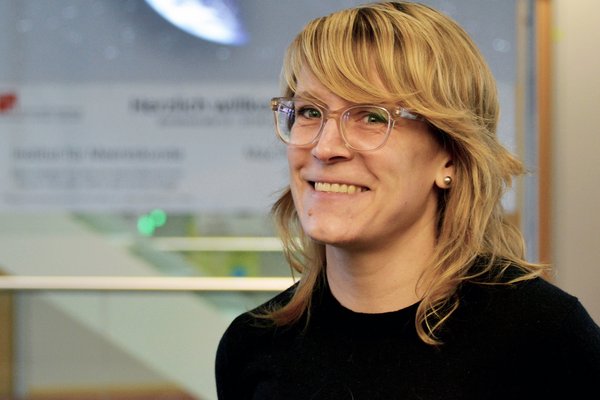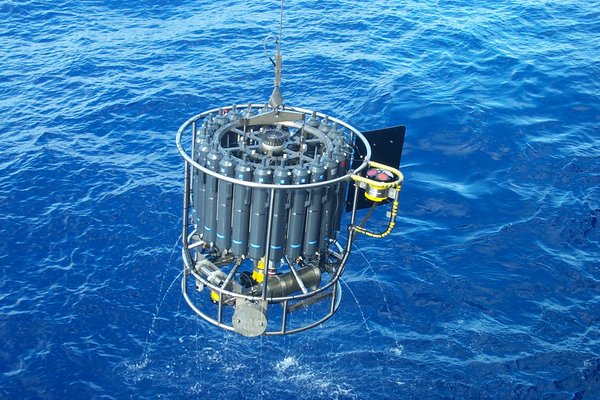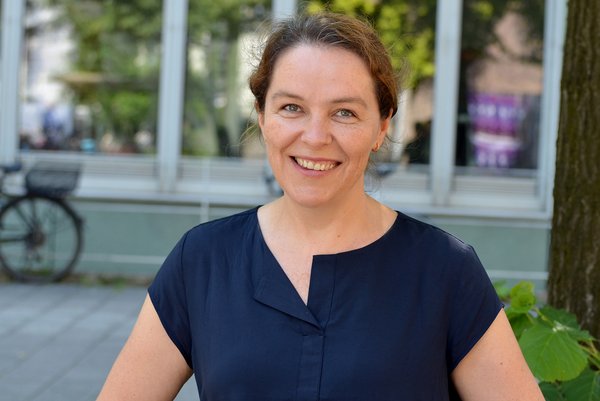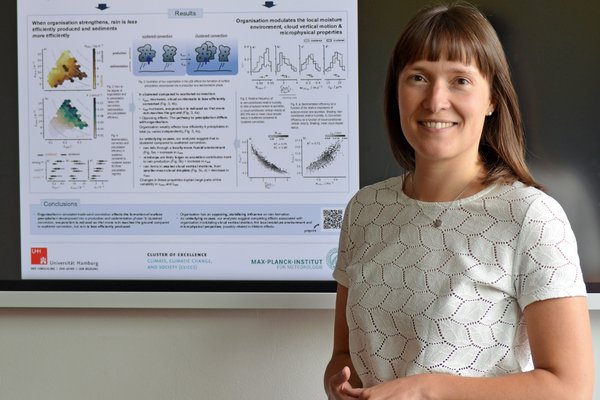
Max Planck Institute for Meteorology welcomes Friedrich Wilhelm Bessel-awardee Prof. Tiffany Shaw
Professor Tiffany Shaw, who is a recipient of the Friedrich Wilhelm Bessel Research Award by the Alexander von Humboldt Foundation and a globally…

How the Atlantic overturning got its observing system
The RAPID observing system has monitored the Atlantic Meridional Overturning Circulation (AMOC) at 26.5°N since 2004. Many physical oceanographers…

An oscillating wind system in the tropical stratosphere: future evolution and new projections
The “quasi-biennial oscillation” (QBO) is a well-known wind system characterized by alternating layers of westerly and easterly winds encircling the…

Towards improved CO2 predictions
What factor limits the predictability of atmospheric CO2 concentration? Scientists from the Max-Planck-Institute for Meteorology, in collaboration…
![[Translate to English:] [Translate to English:]](/fileadmin/_processed_/4/6/csm_WeizmannProgramm_micheile_henderson_unsplash_460e2398be.jpg)
Joint Postdoctoral Programme by Max Planck Society and Weizmann Institute of Science
The Max Planck Institute for Meteorology is continuously looking for promising young scientists at postdoctoral level. In addition to the already…
![[Translate to English:] [Translate to English:]](/fileadmin/_processed_/4/b/csm_Mantz-Hansen_3x2_edit_03_d681f6b9ab.jpg)
Successful completion of apprenticeship at the institute: Olaf Mantz-Hansen wins 2nd state prize in the field of precision mechanics.
Olaf Mantz-Hansen has successfully completed the 2023 journeyman’s examination as a precision mechanic, specializing in the field of high-precision…

Tatiana Ilyina new professor at Universität Hamburg and Helmholtz-Zentrum Hereon
Prof. Tatiana Ilyina, scientist and group leader of the Ocean Biogeochemistry group at the Max Planck Institute for Meteorology (MPI-M), was recently…

When Neptune nudges dominoes: How the Southern Ocean controls global climate feedbacks
A study by Kang et al. proposes a new hypothesis for the anomalous slowdown in the rate of average global surface warming between 1979 and 2013.…
![[Translate to English:] [Translate to English:]](/fileadmin/_processed_/2/9/csm_T_Sarah_Kang_Director_02_bf7d38b12a.jpg)
Sarah M. Kang appointed as new director at Max Planck Institute for Meteorology
Prof. Sarah M. Kang joins the Max Planck Institute for Meteorology (MPI-M) as a director on 15 August 2023. Prof. Kang joins the MPI-M from the…

Jule Radtke receives 2023 CFMIP-GASS early career scientist award
Jule Radtke, postdoctoral researcher in the joint CLICCS working group on Drivers of Tropical Circulations of the Max Planck Institute for…

Methane emissions from Arctic ponds are sensitive to warming-induced vegetation changes
Arctic ponds are important sources of methane emissions, and knowledge on their role in the future methane budget is lacking. A new study led by…
![[Translate to English:] Credit: Luca Schmidt](/fileadmin/_processed_/6/6/csm_T_Aktuelles_LucaSchmidt_889daf9eb4.jpg)
Tracking the partitioning of rain
Can land receive more rain than the ocean? One might think that the obvious answer is “Yes”. But land and ocean are two components of a coupled…
